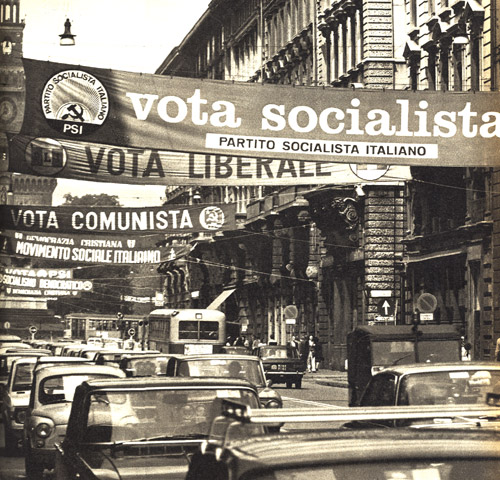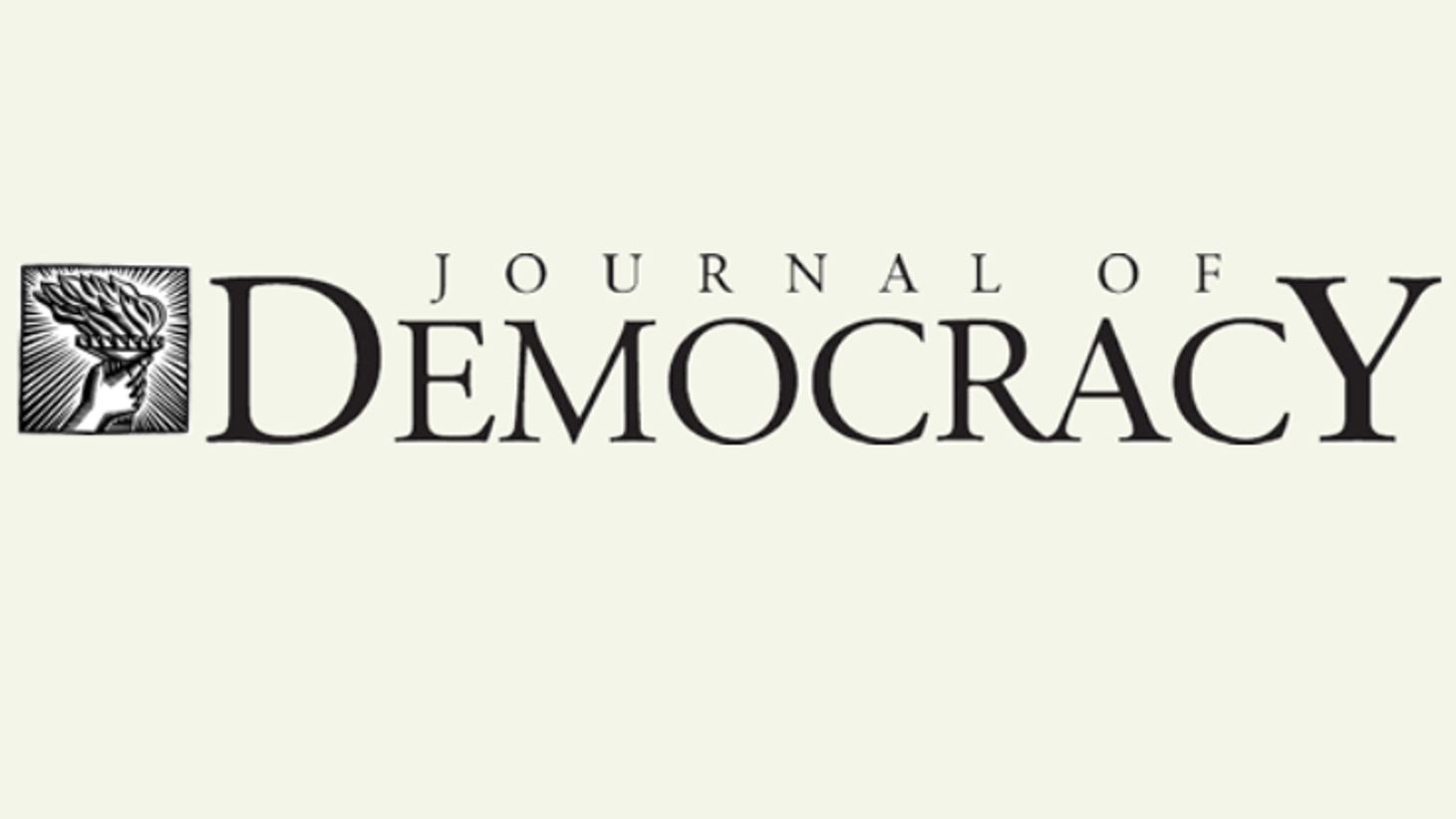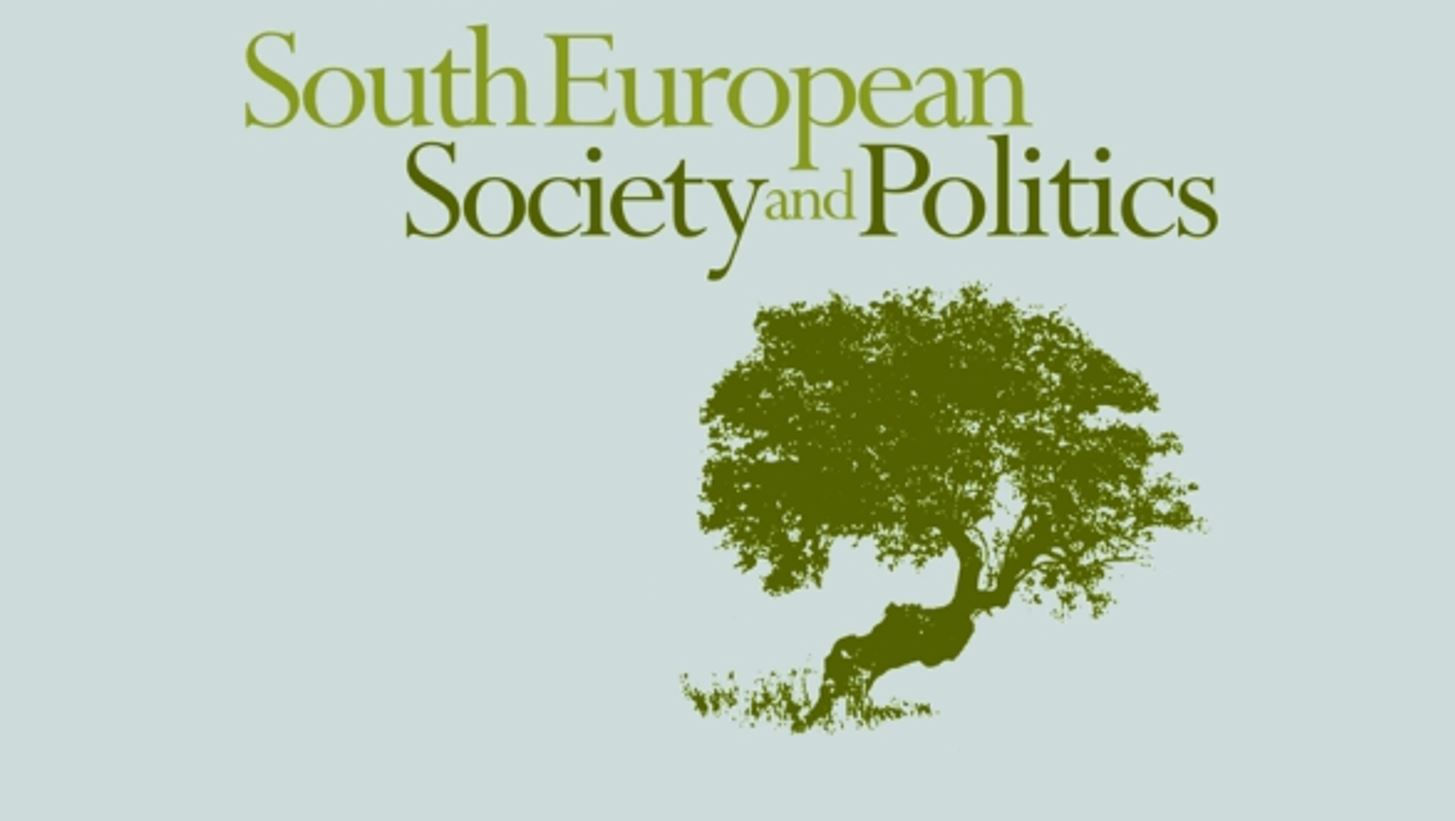Pubblicazioni scientifiche
Le pubblicazioni scientifiche prodotte dagli studiosi CISE
-

Filling the Void? Political Responsiveness of Populist Parties
To cite the article: Carolina Plescia, Sylvia Kritzinger & Lorenzo De…
-

Going out of the ordinary. The de-institutionalization of the Italian party system in comparative perspective
To cite this article: Emanuele, V. and Chiaramonte, A. (2020), ‘Going…
-

Issue Competition Comparative Project: online dati ed un numero speciale di West European Politics
Sei importanti paesi al voto tra 2017 e 2018, 40 partiti,…
-

Explaining the impact of new parties in the Western European party systems
Negli ultimi anni, i sistemi di partito dell’Europa occidentale sono risultati…
-

How the Populists Won in Italy
To cite this article: Roberto D’Alimonte, “How the Populists Won in…
-

Populist Success in a Hung Parliament: The 2018 General Election in Italy
To cite this article: Alessandro Chiaramonte, Vincenzo Emanuele, Nicola Maggini, Aldo…
-

Challenger’s delight: The results of the 2018 Italian general election
To cite this article: Aldo Paparo, Challenger’s delight: The results of…
-

PTV gap as a new measure of partisanship: a panel-data, multi-measure validation showing surprising partisanship stability
To cite this article: Aldo Paparo & Lorenzo De Sio (2017)…
-
The risks and opportunities of Europe: How issue yield explains (non-)reactions to the financial crisis
To cite this article: Lorenzo De Sio, Mark N. Franklin, Till…
-
A growing impact of new parties Myth or reality? Party system innovation in Western Europe after 1945
Vincenzo Emanuele e Alessandro Chiaramonte To cite this article: Emanuele, V.…